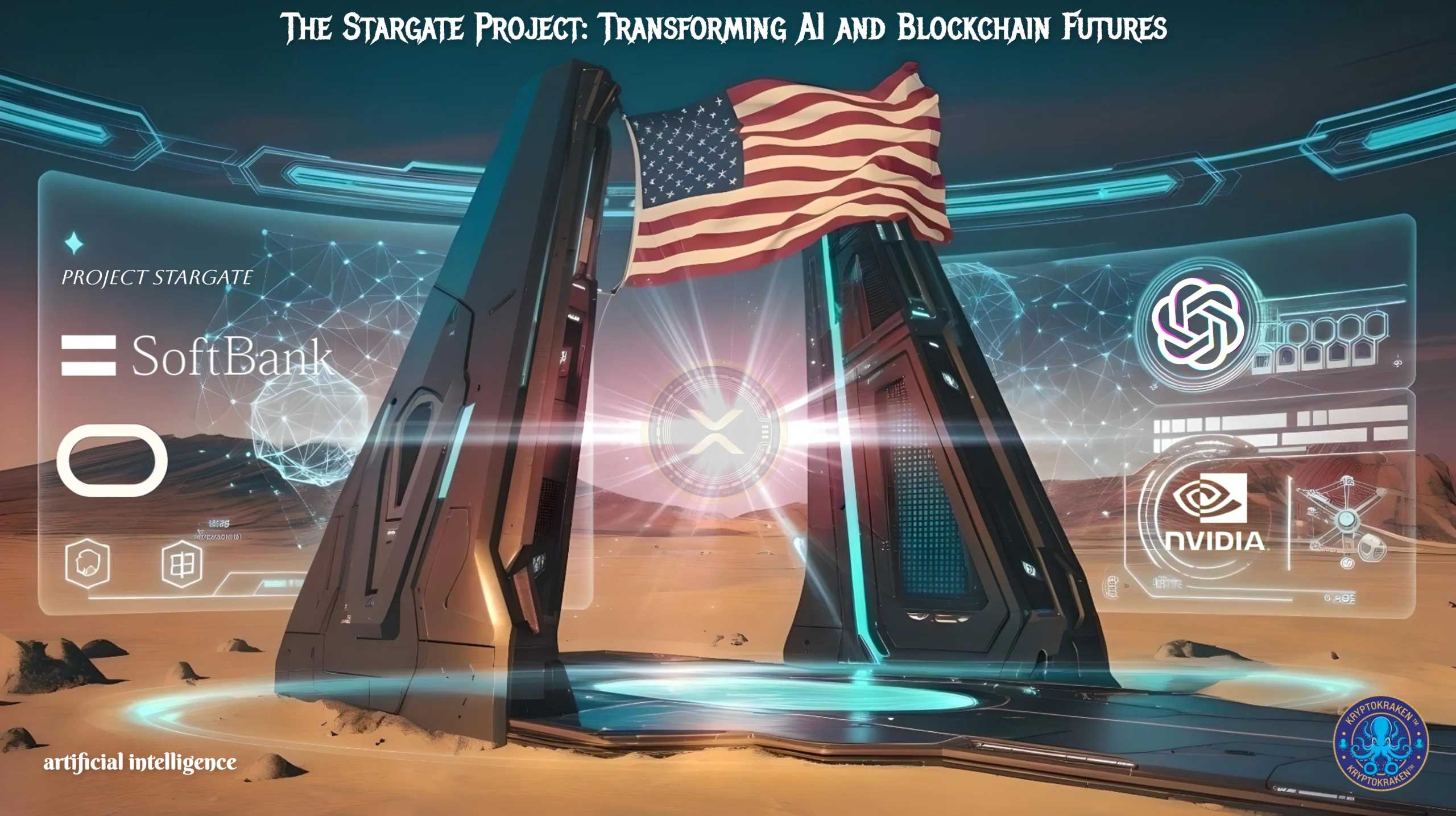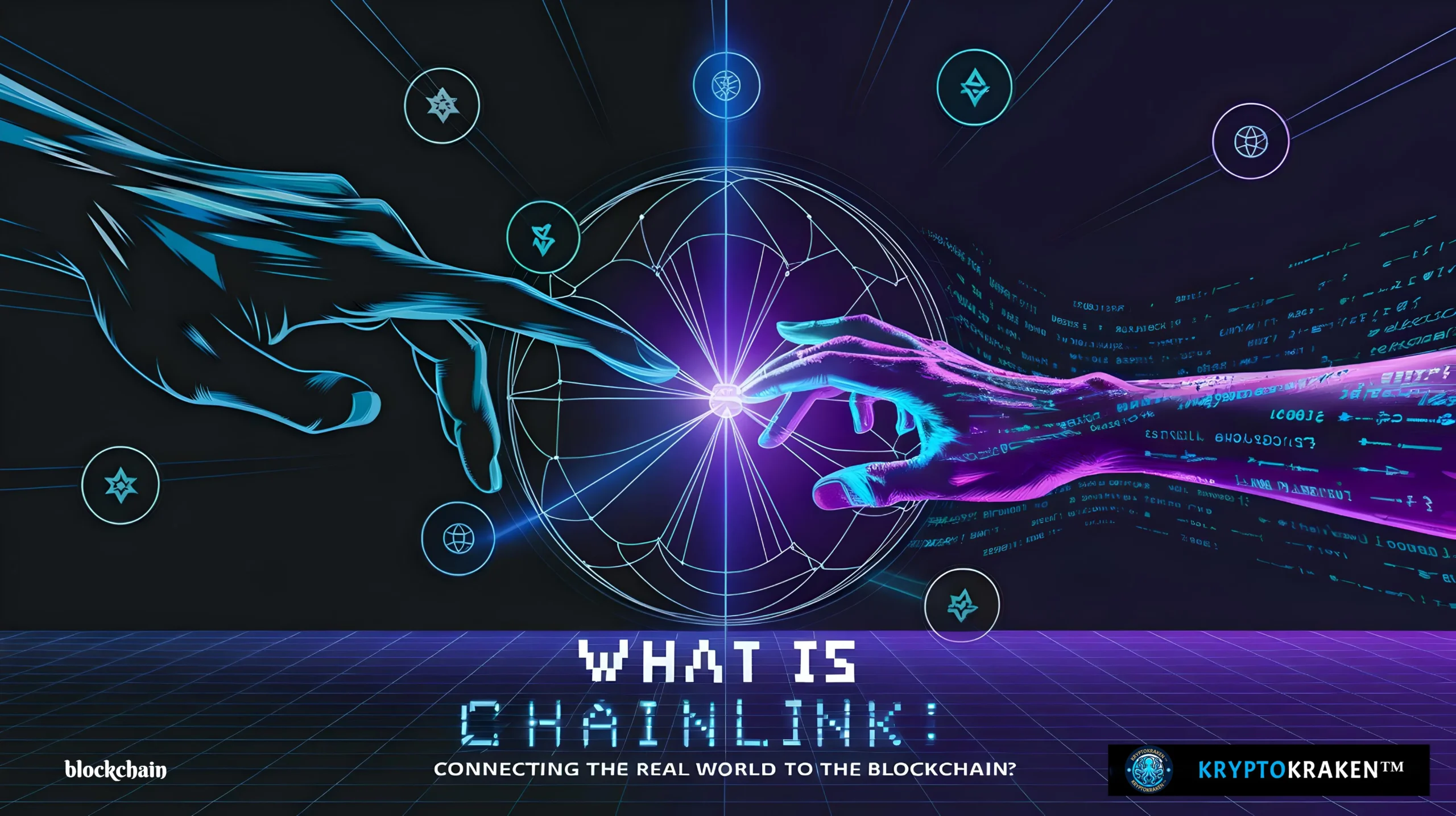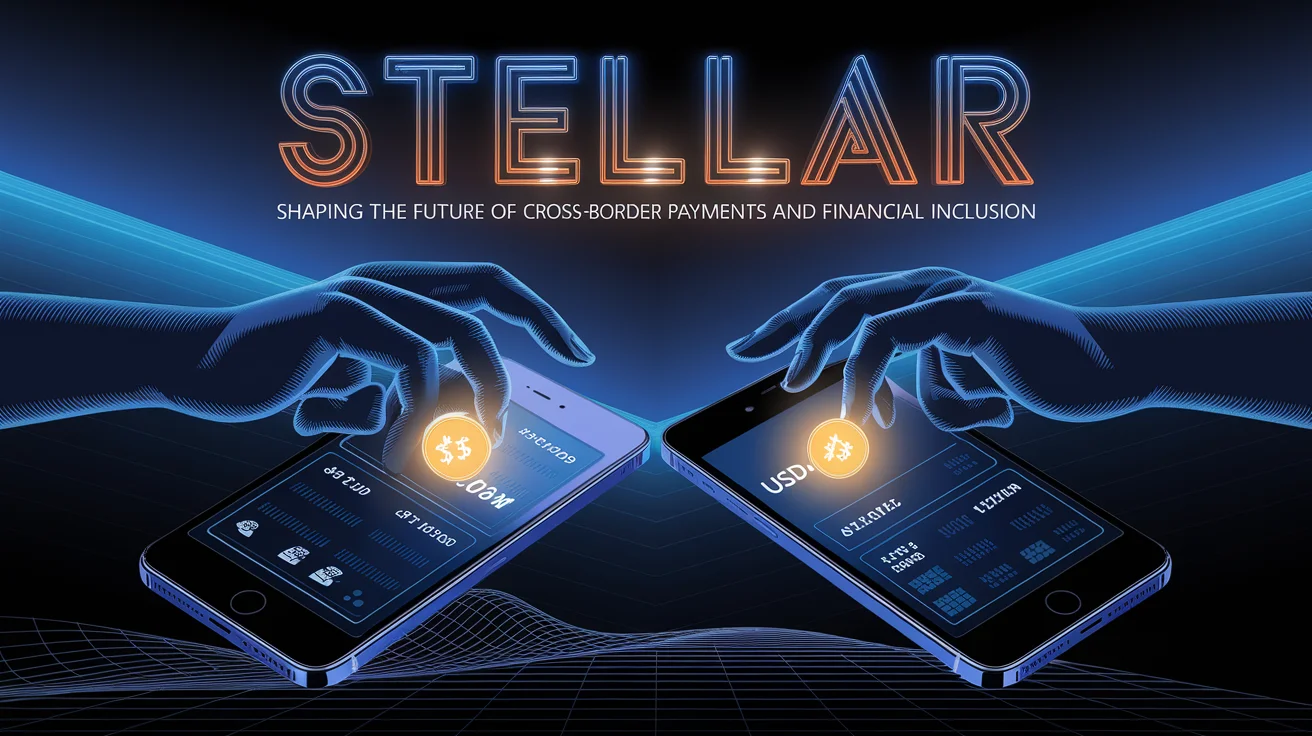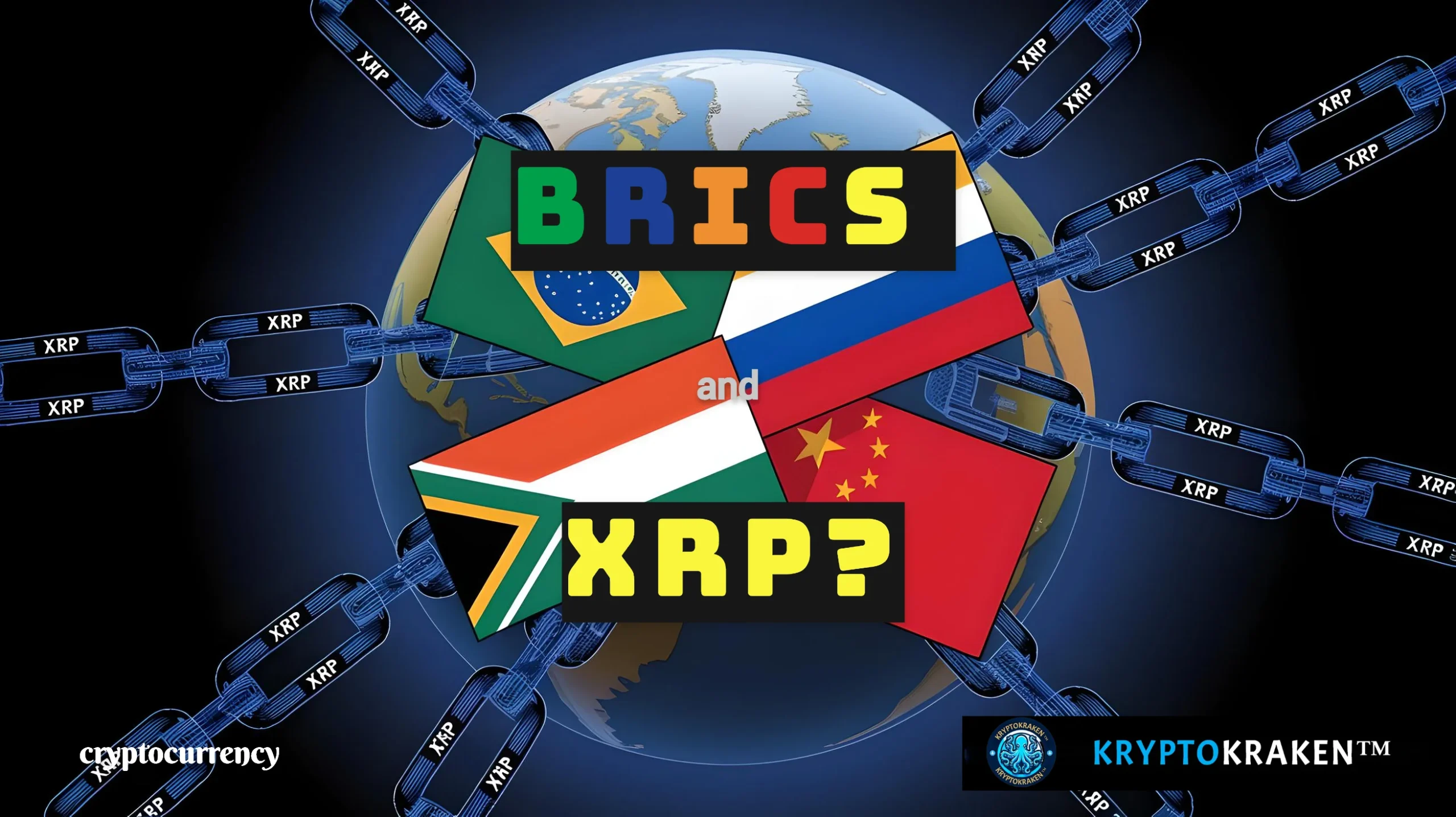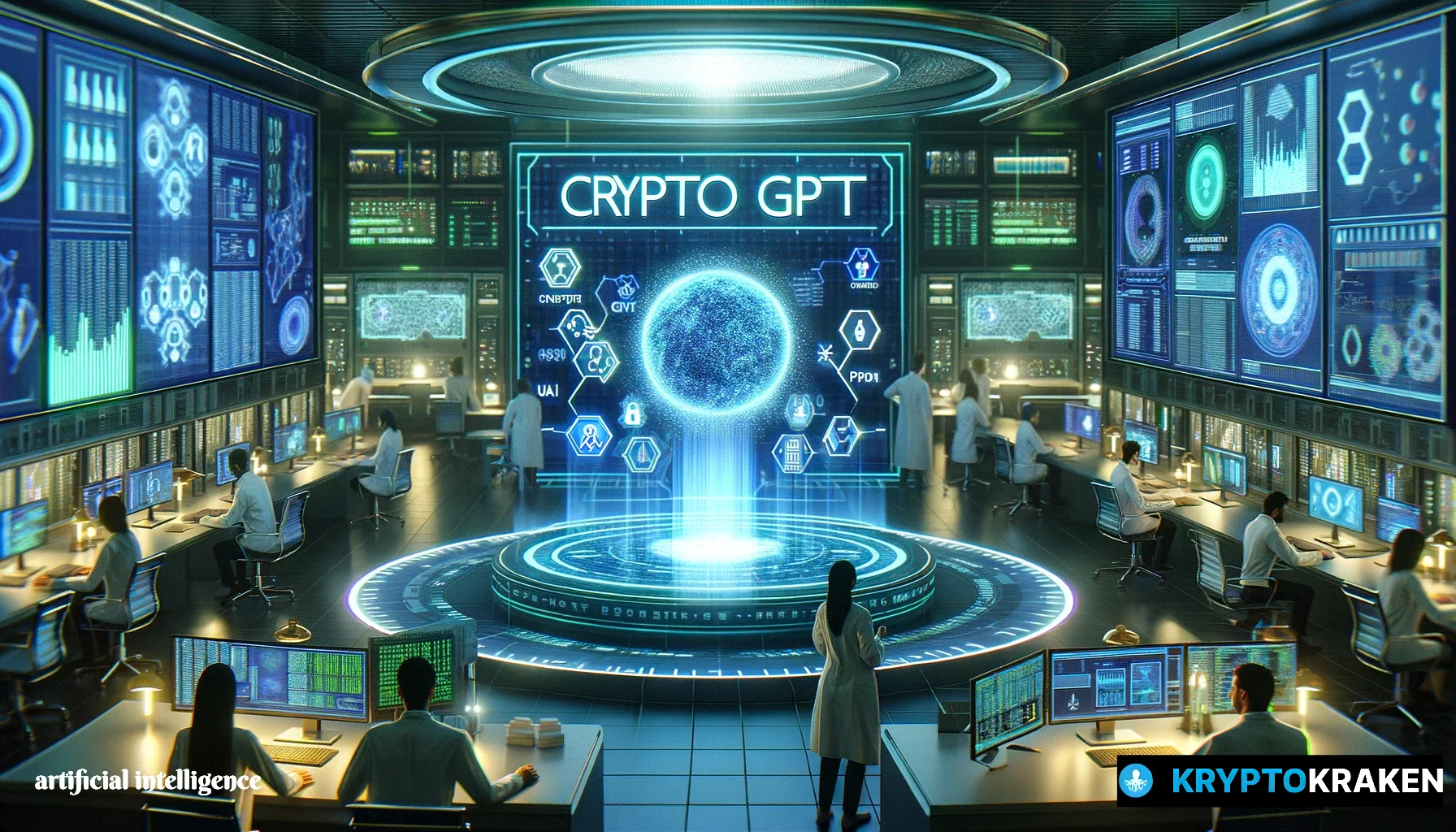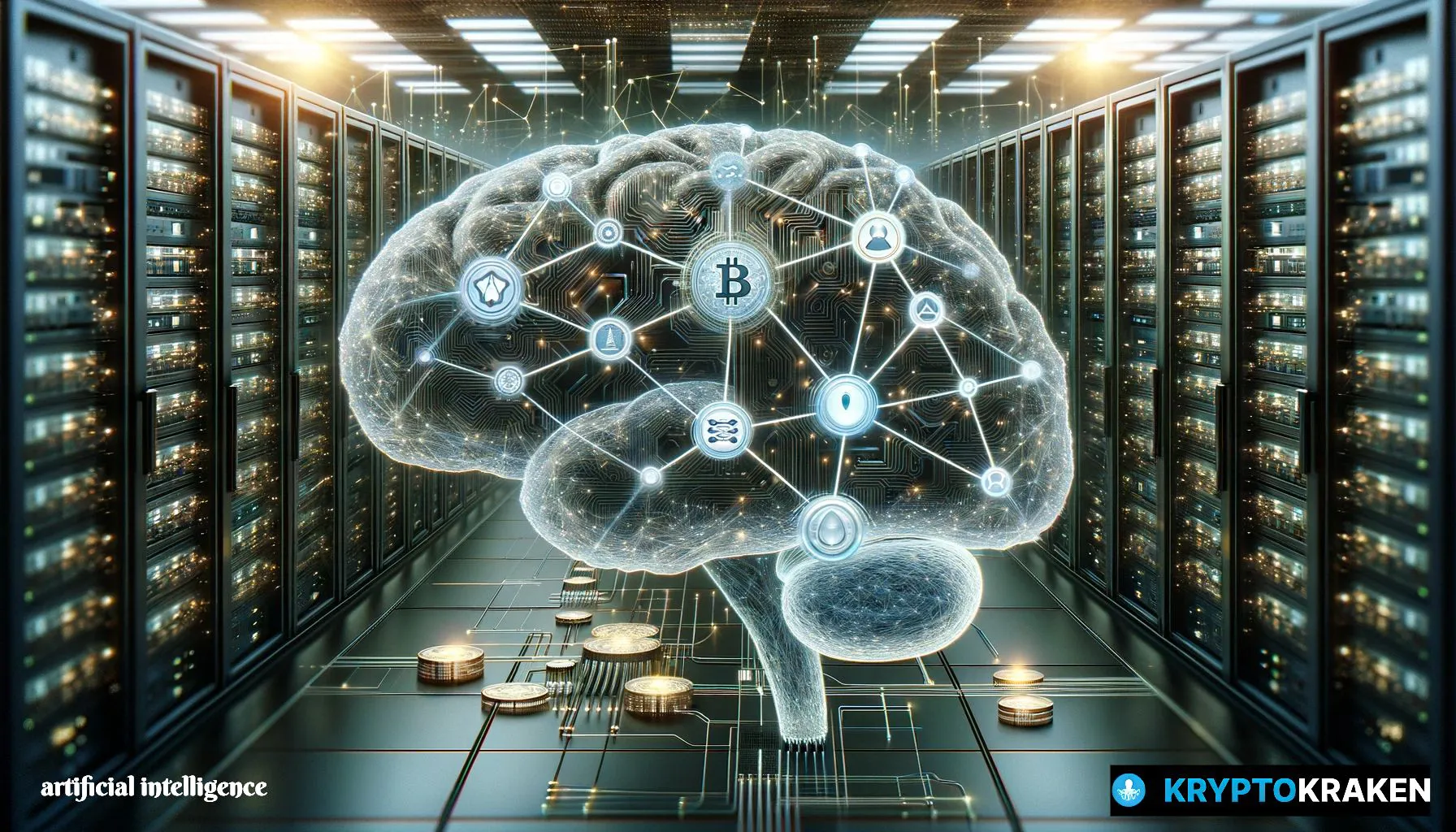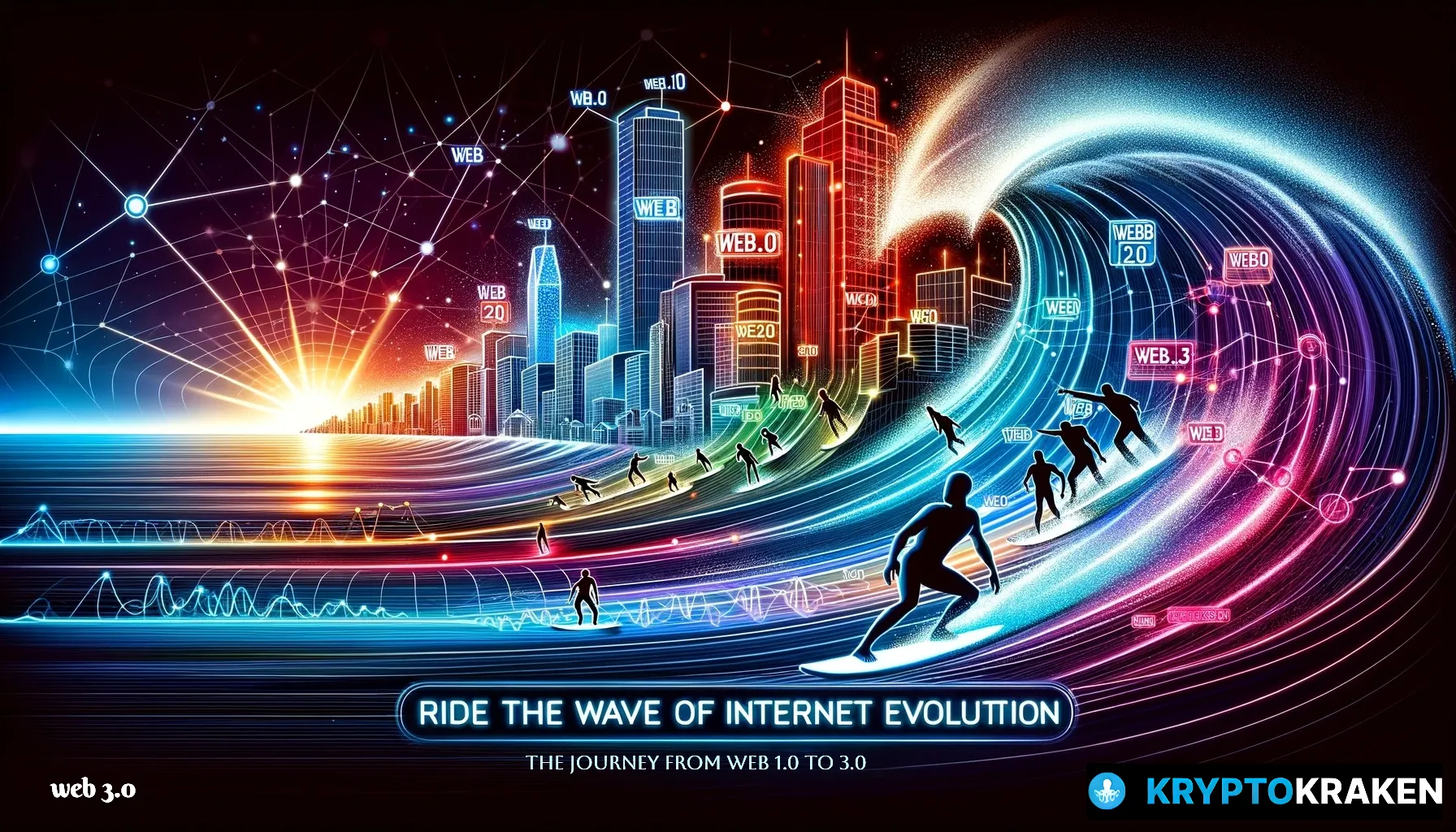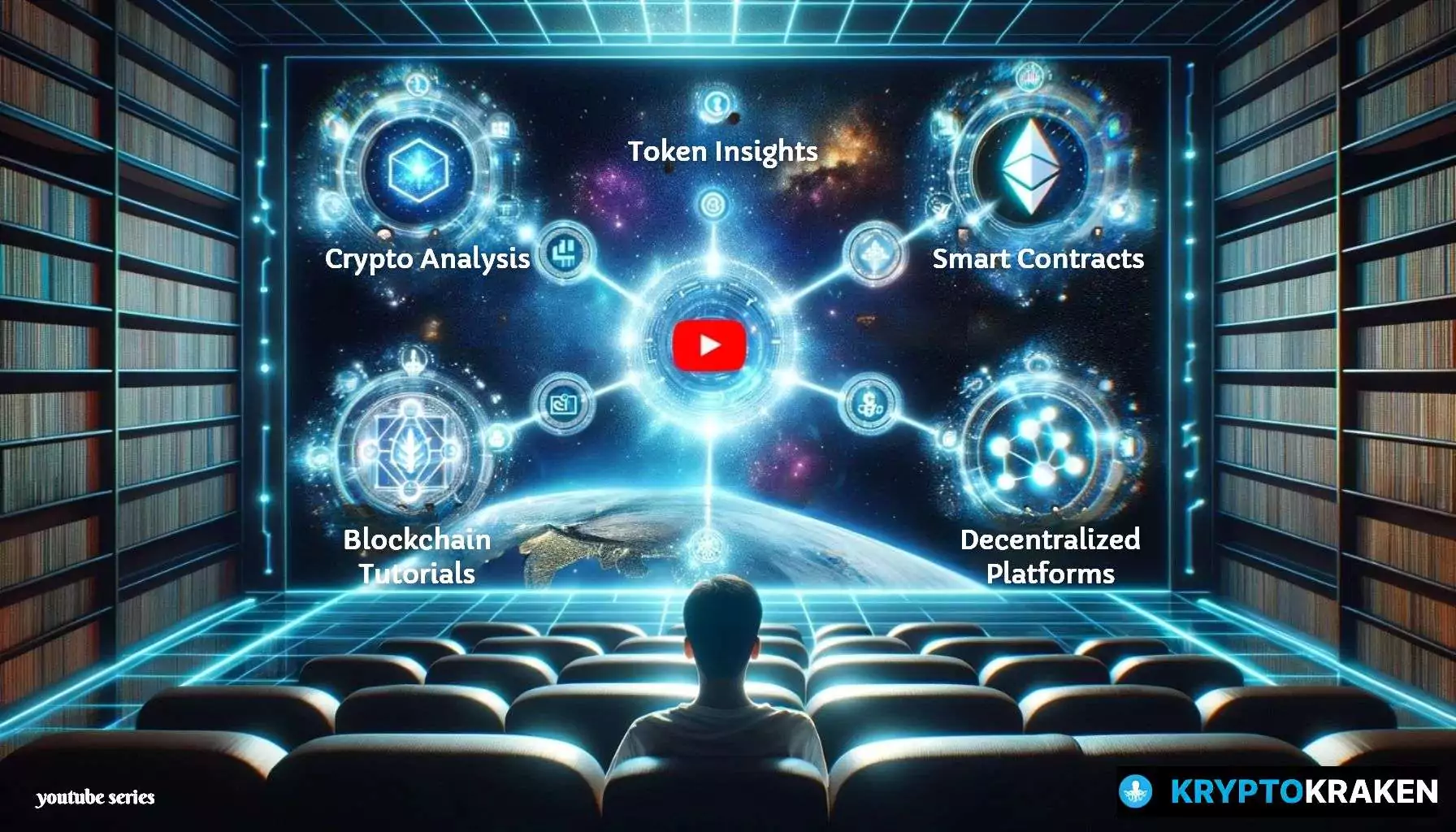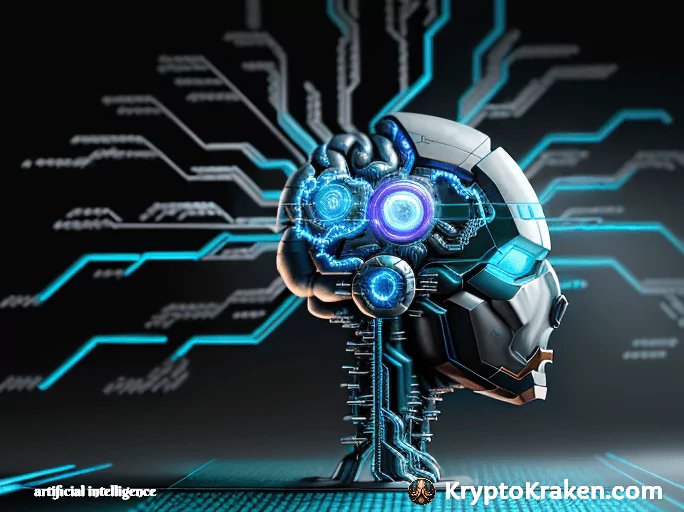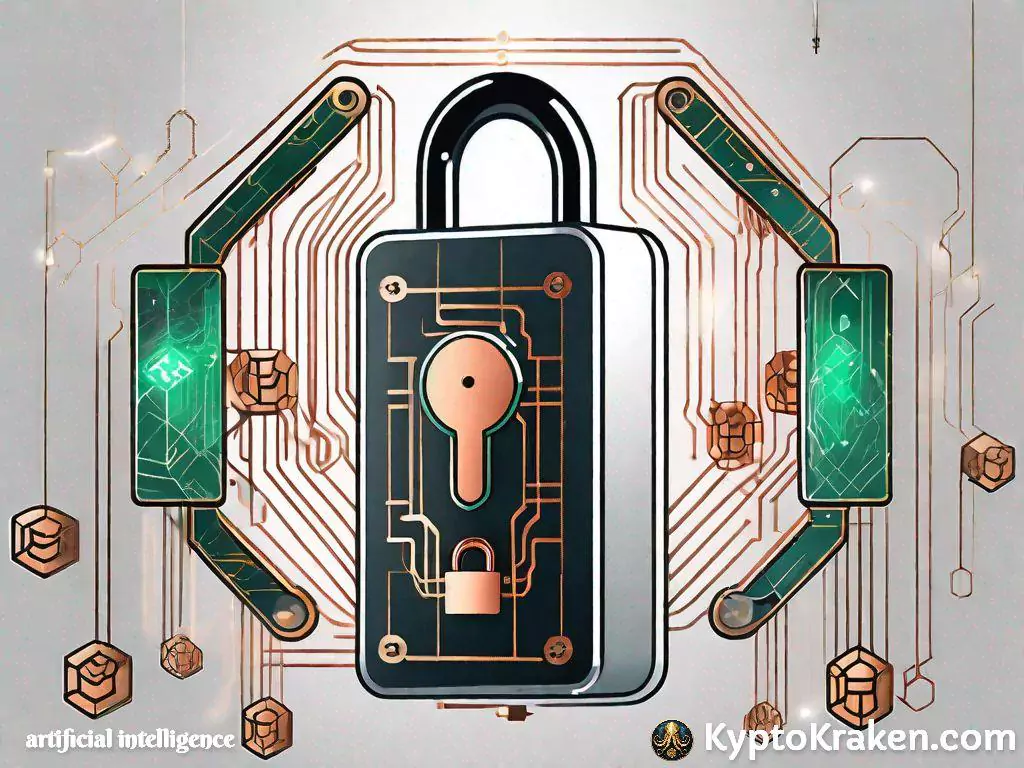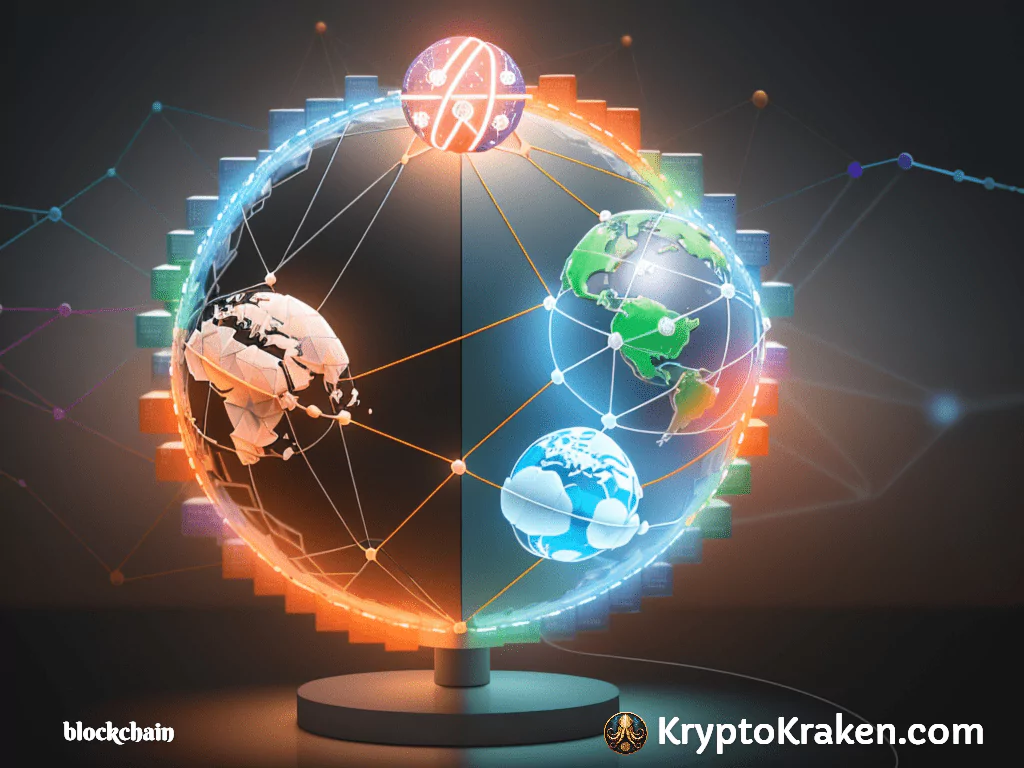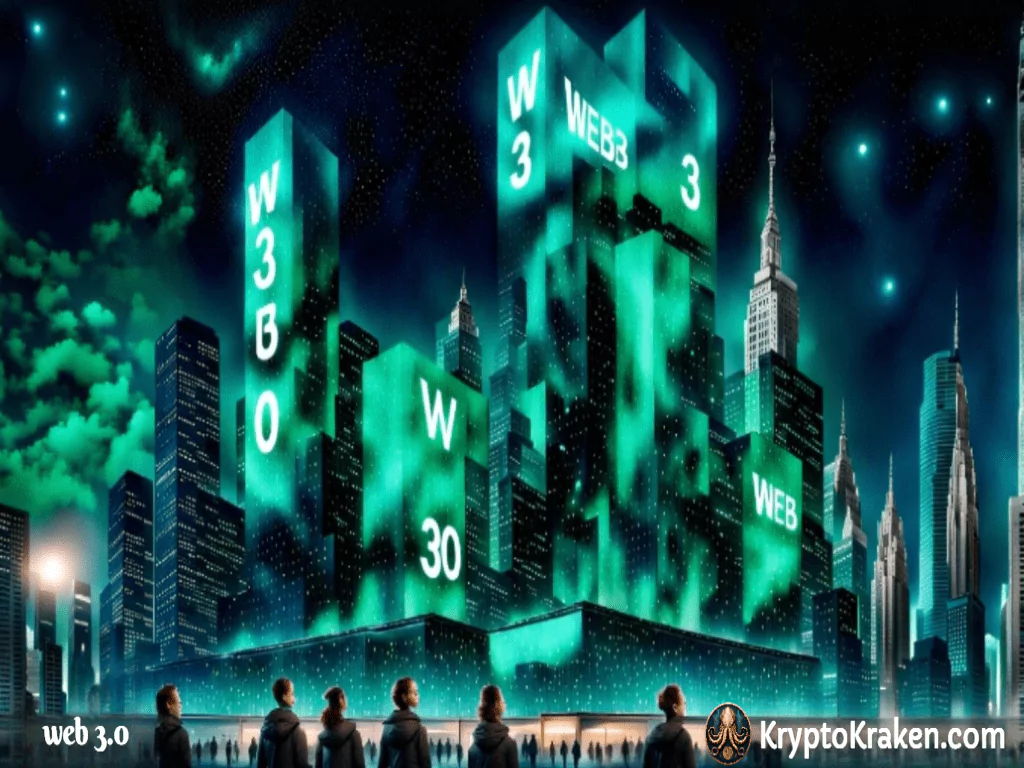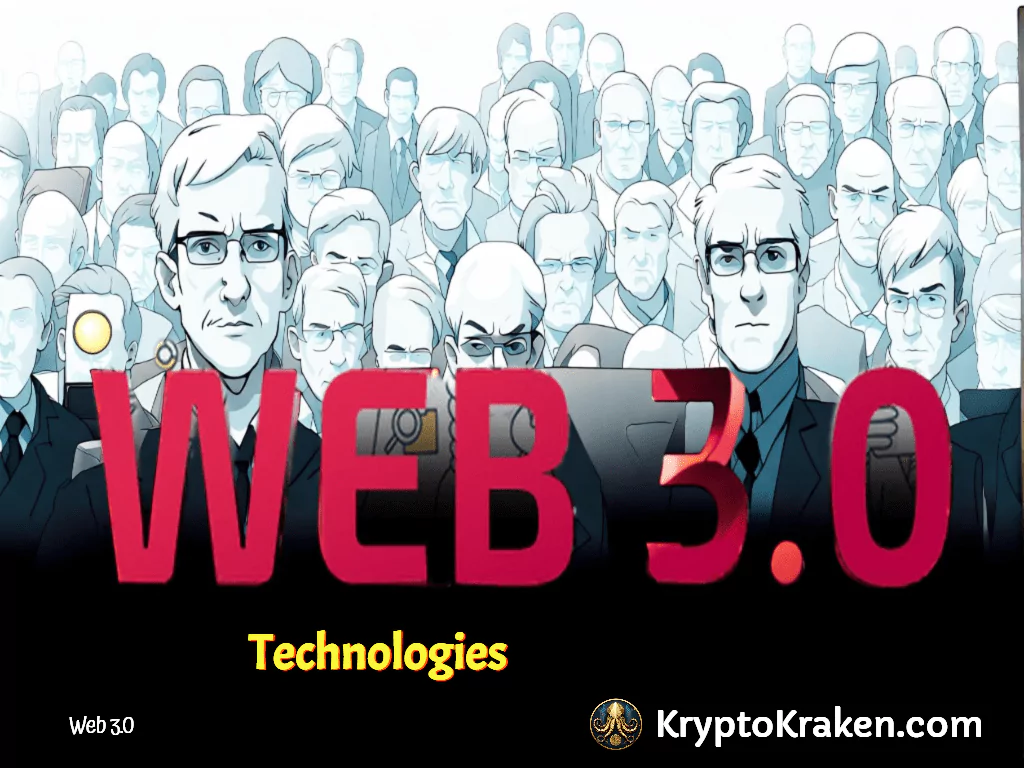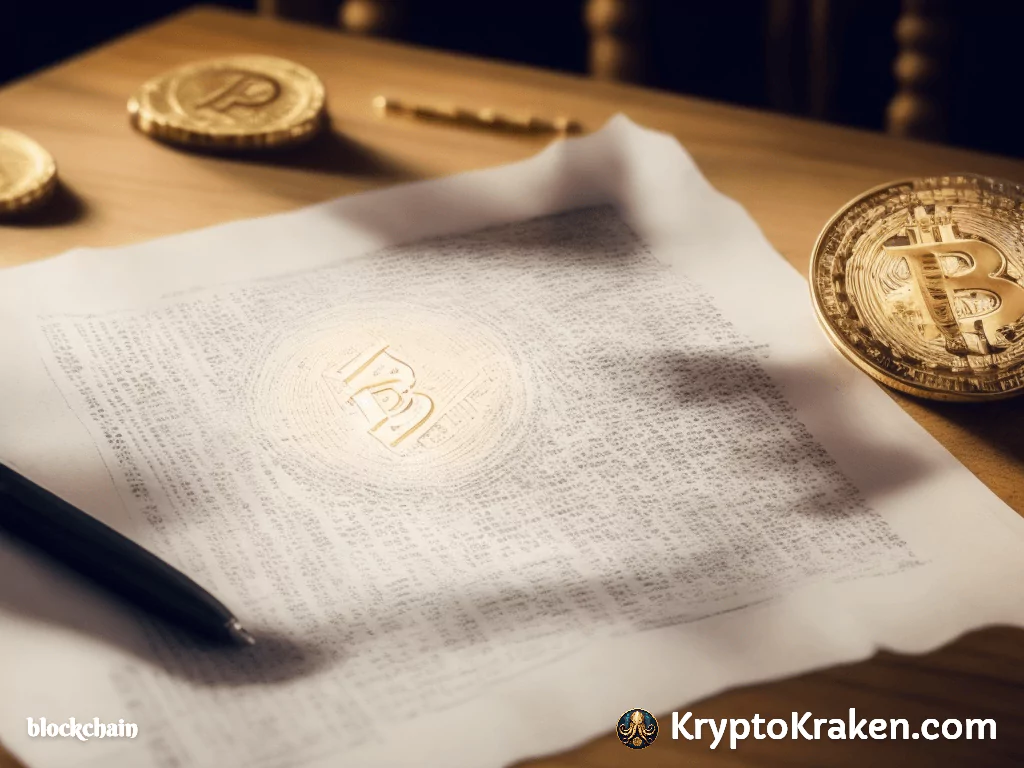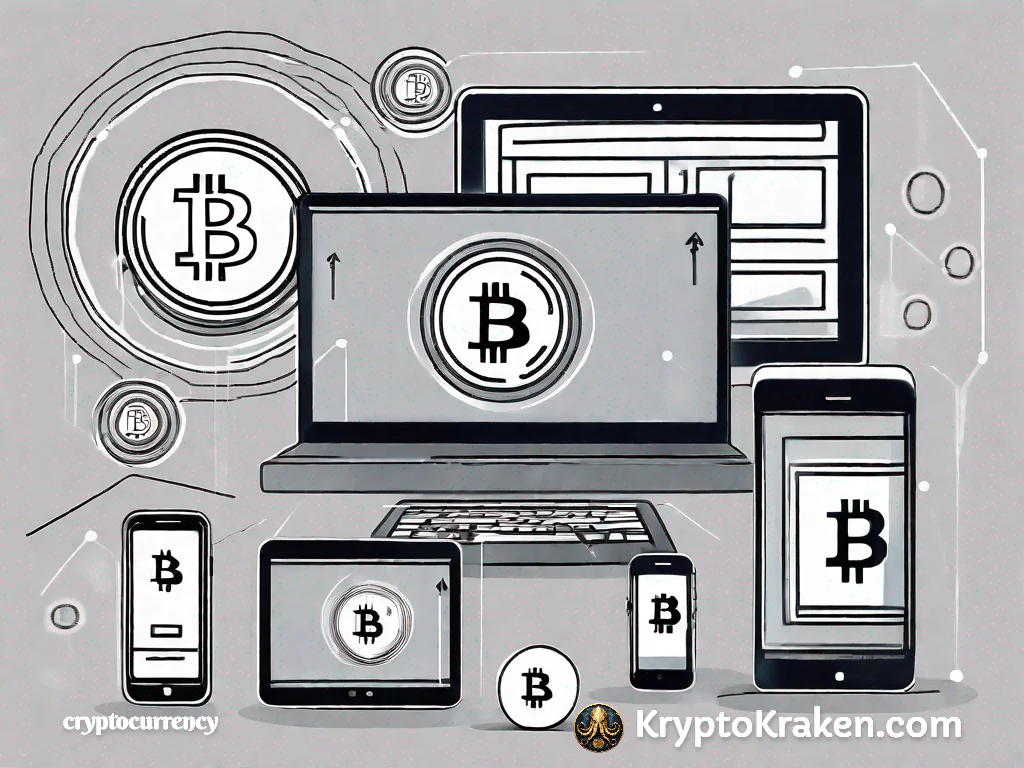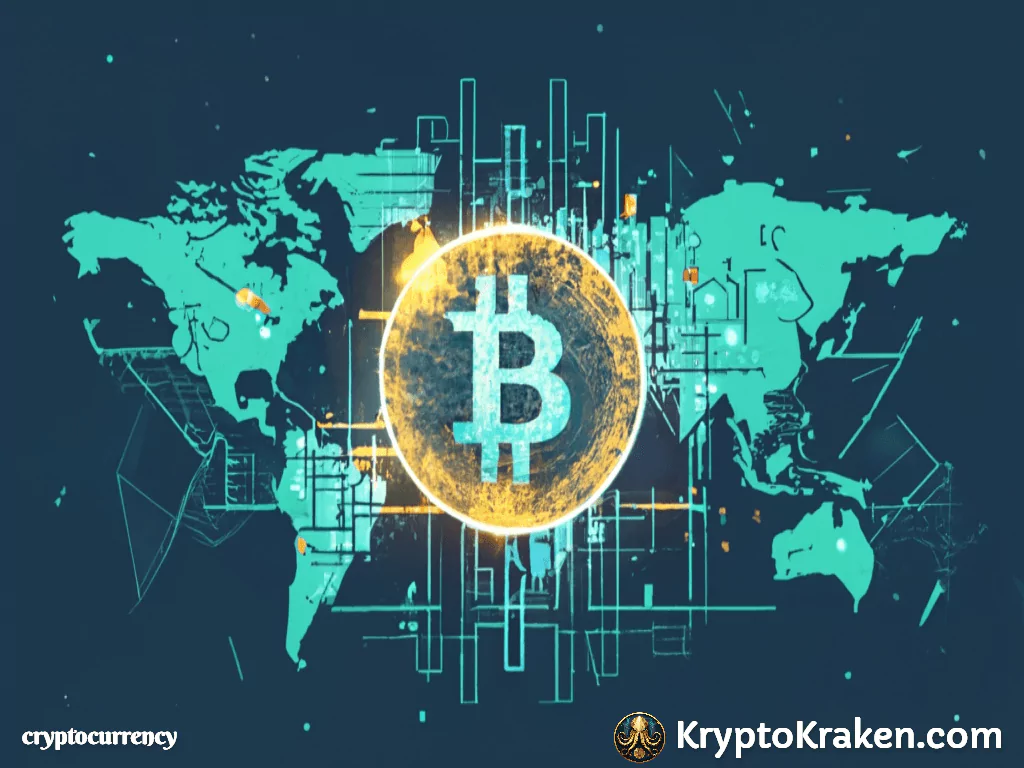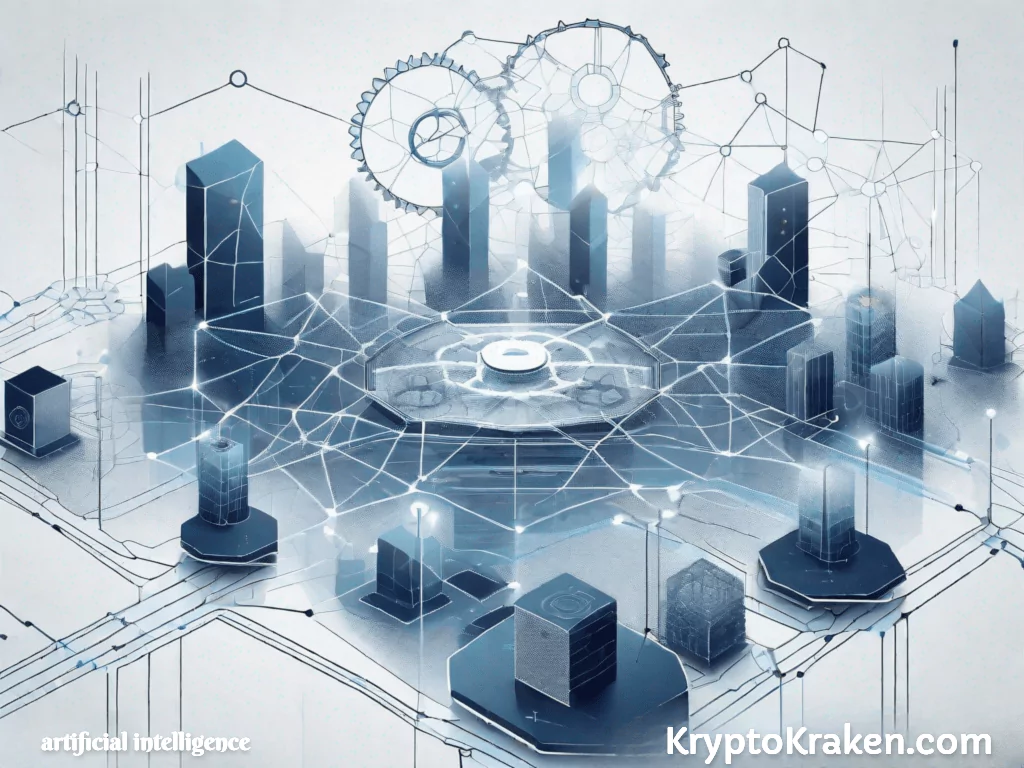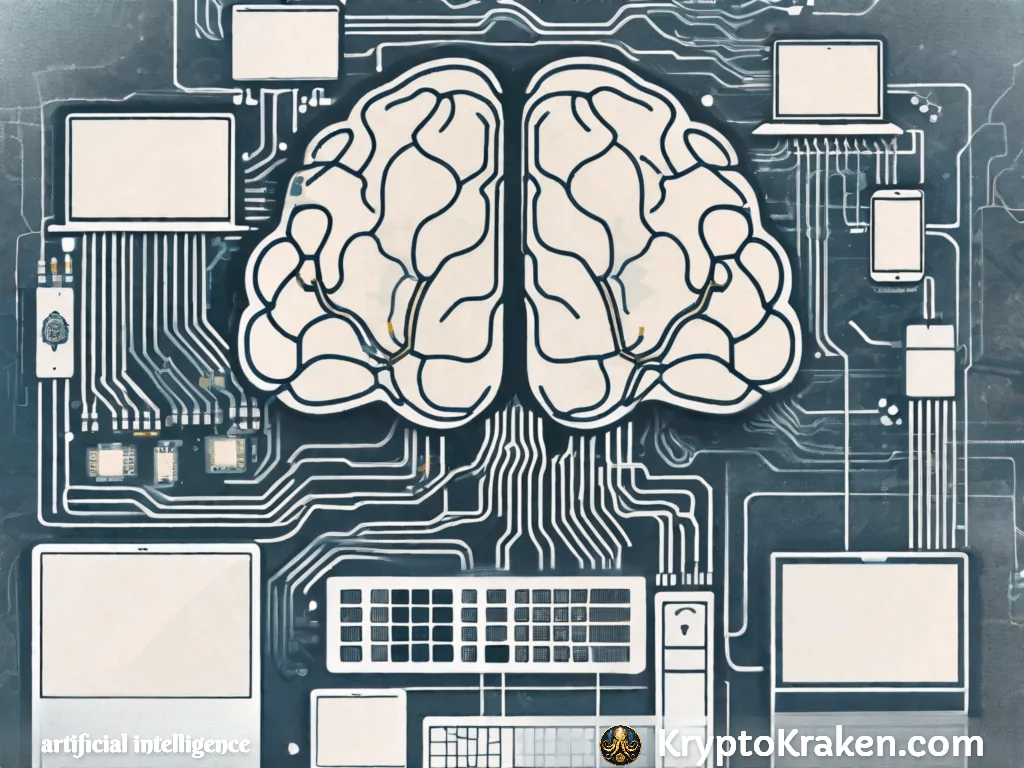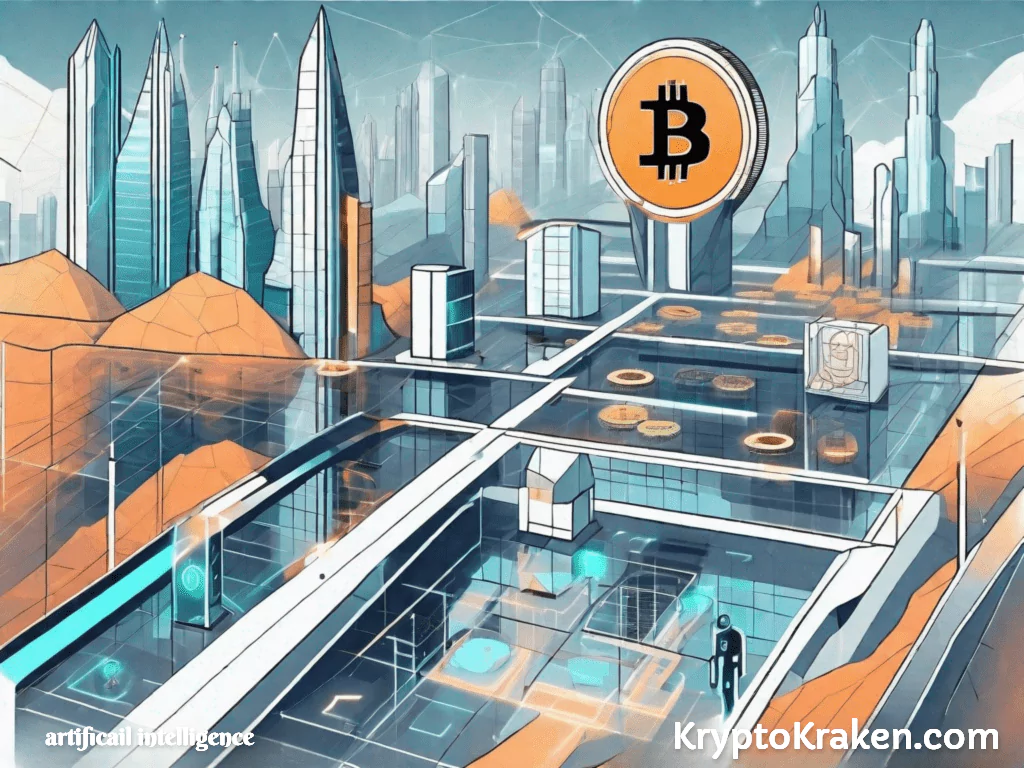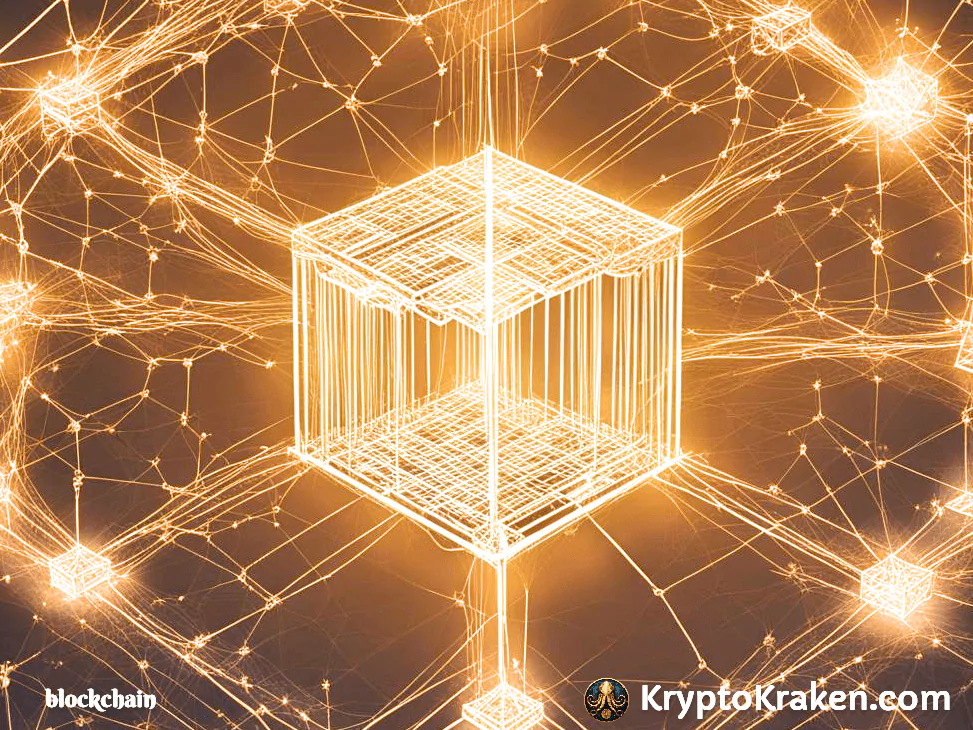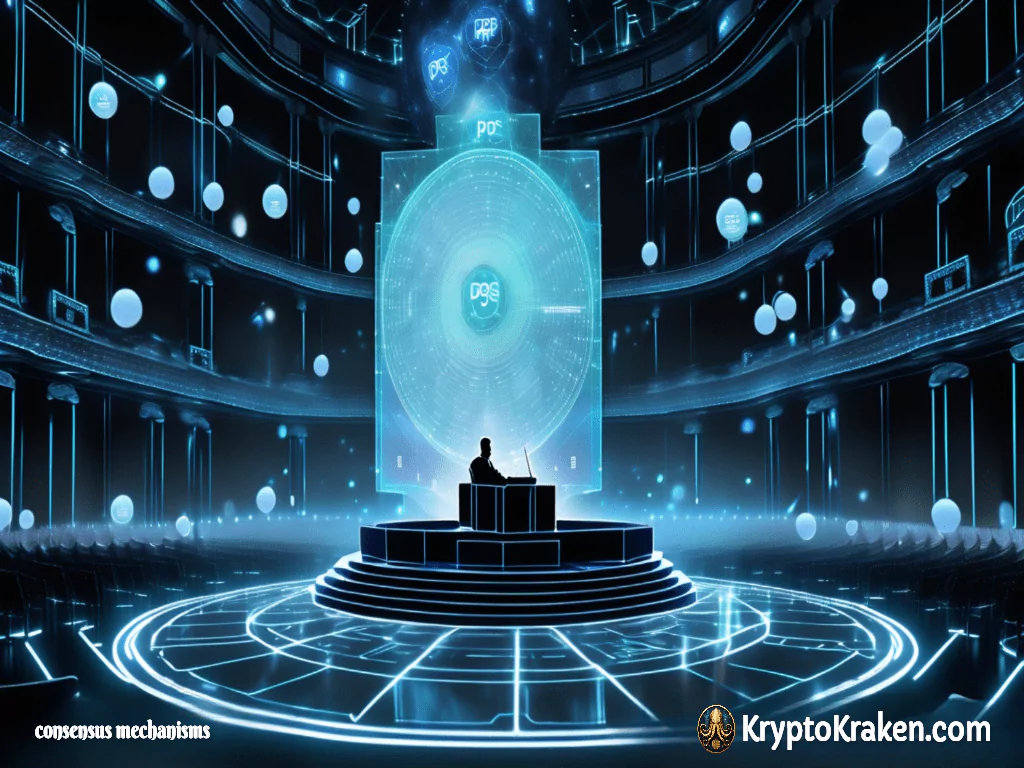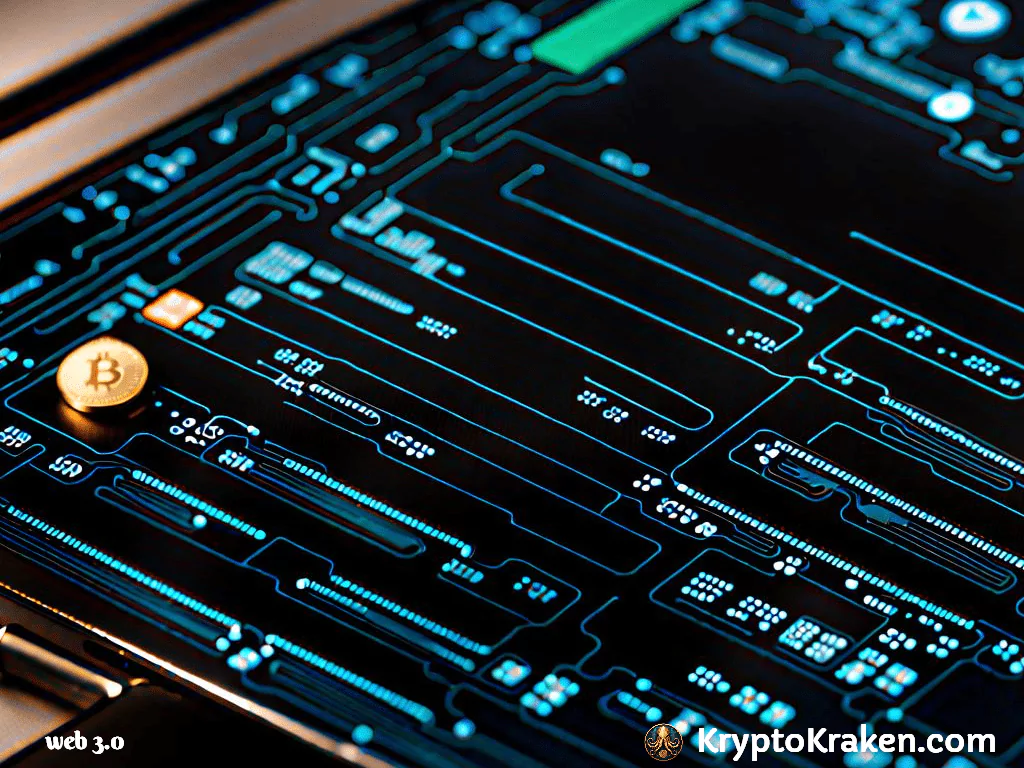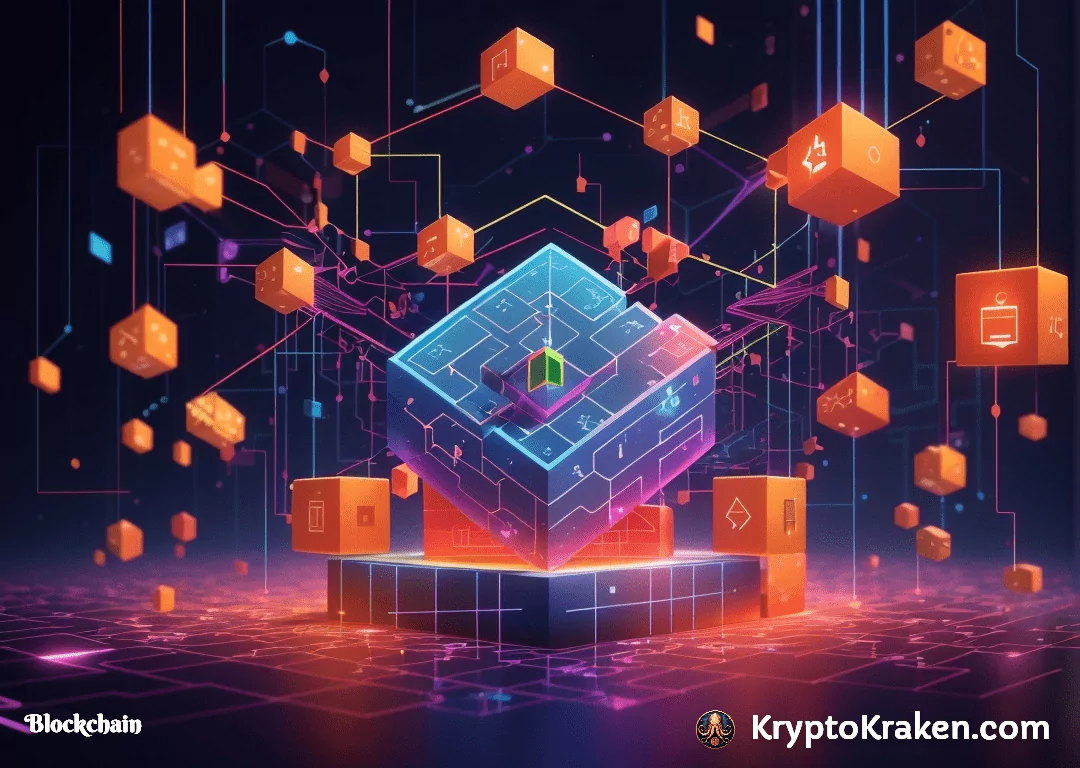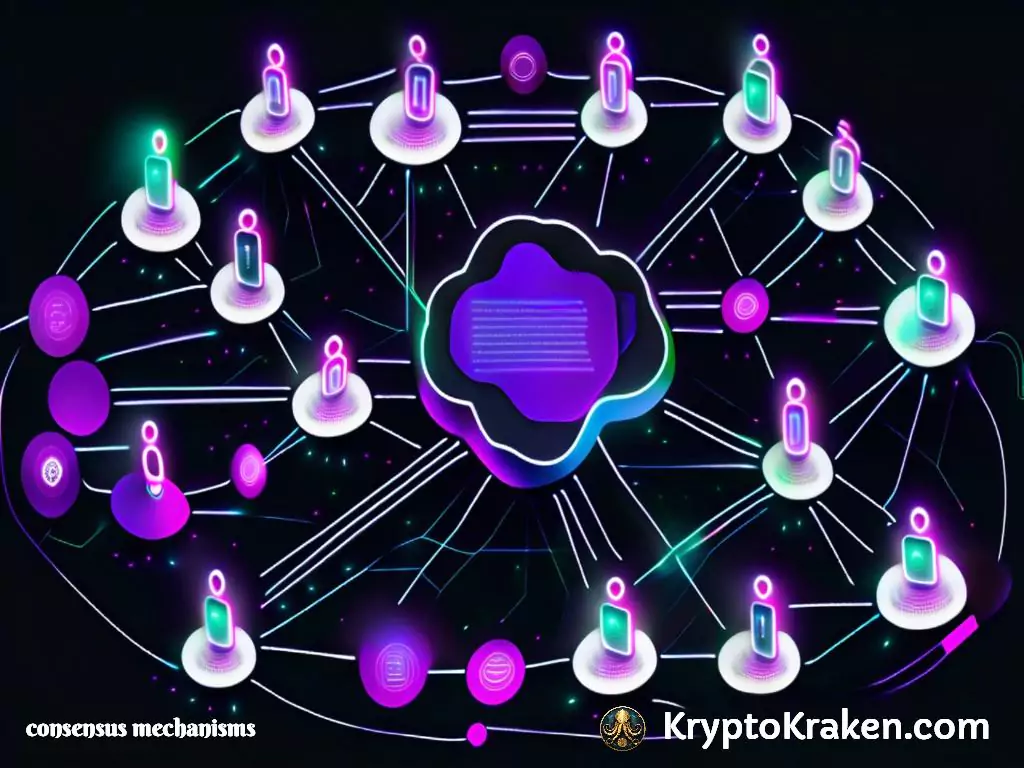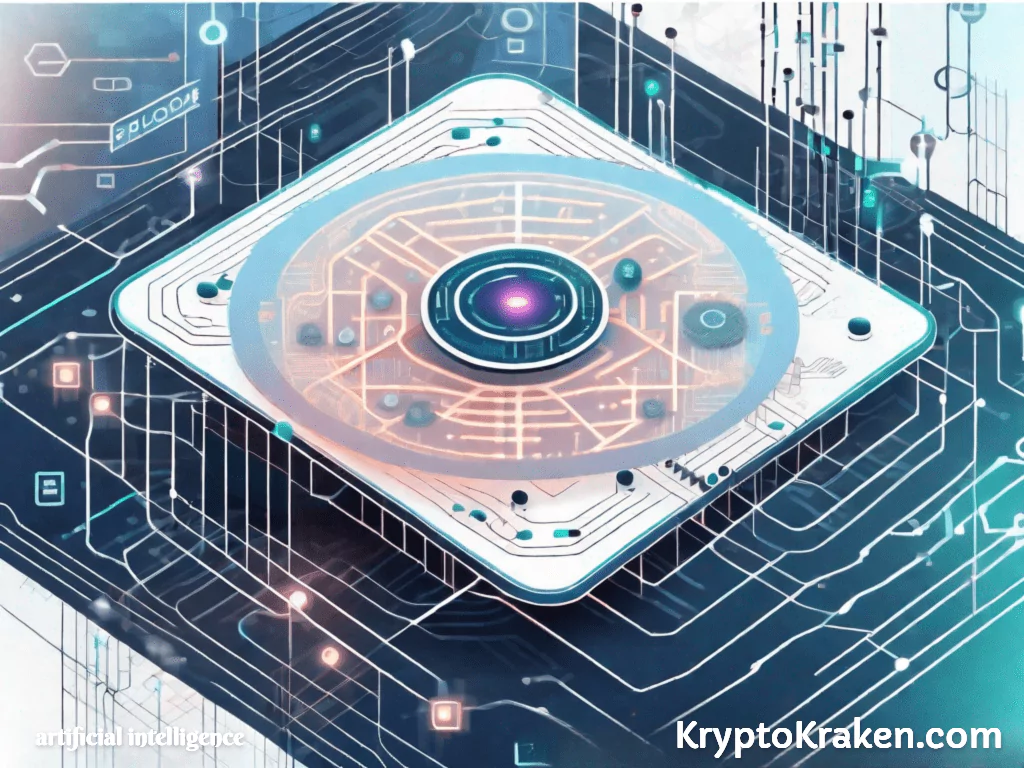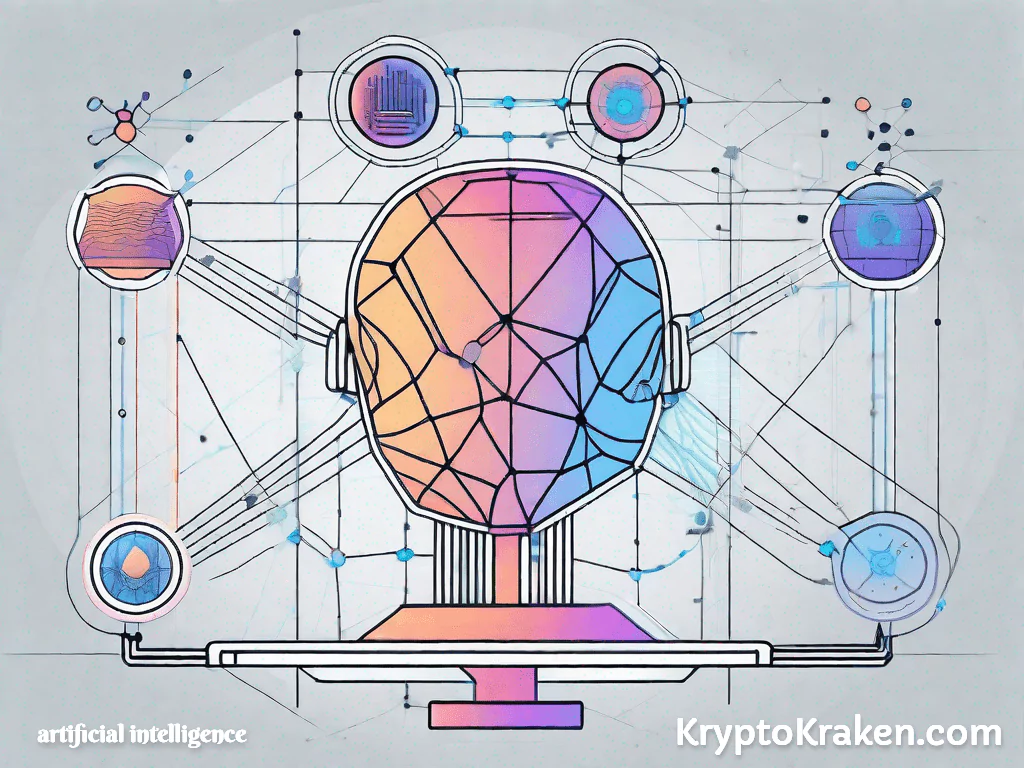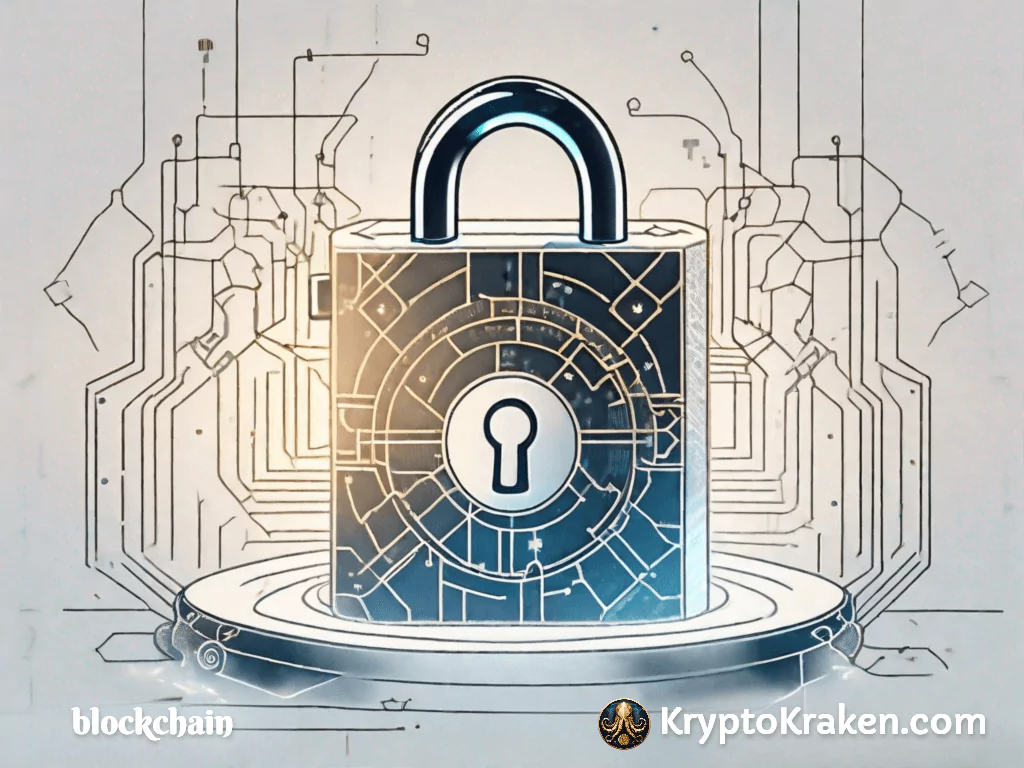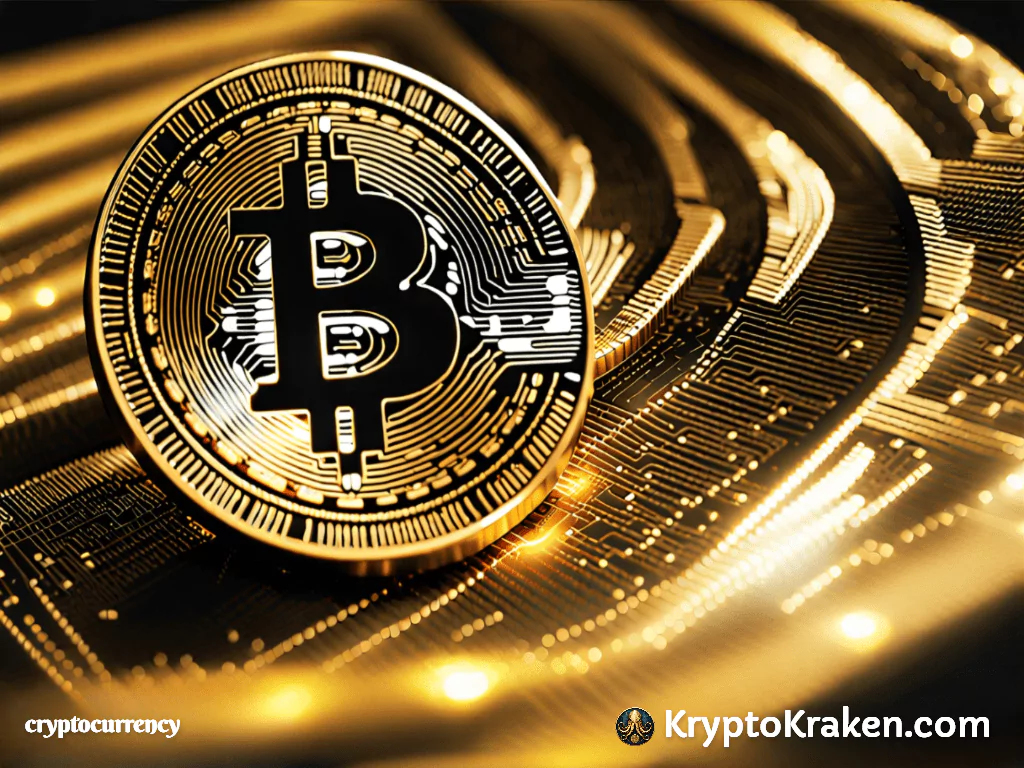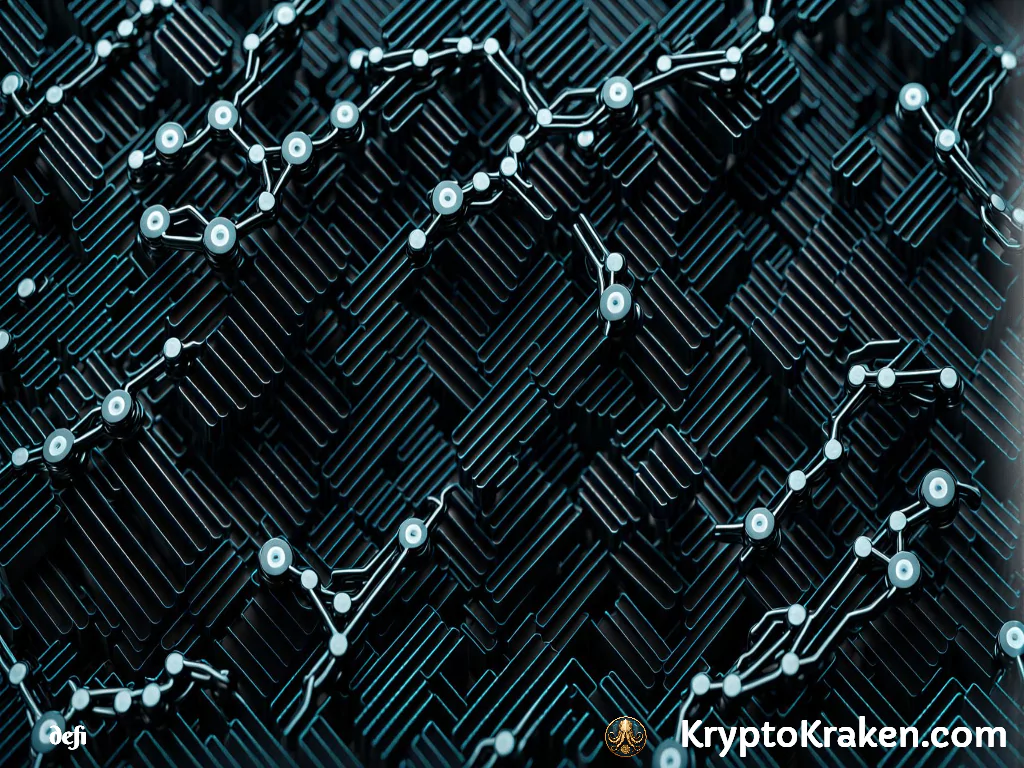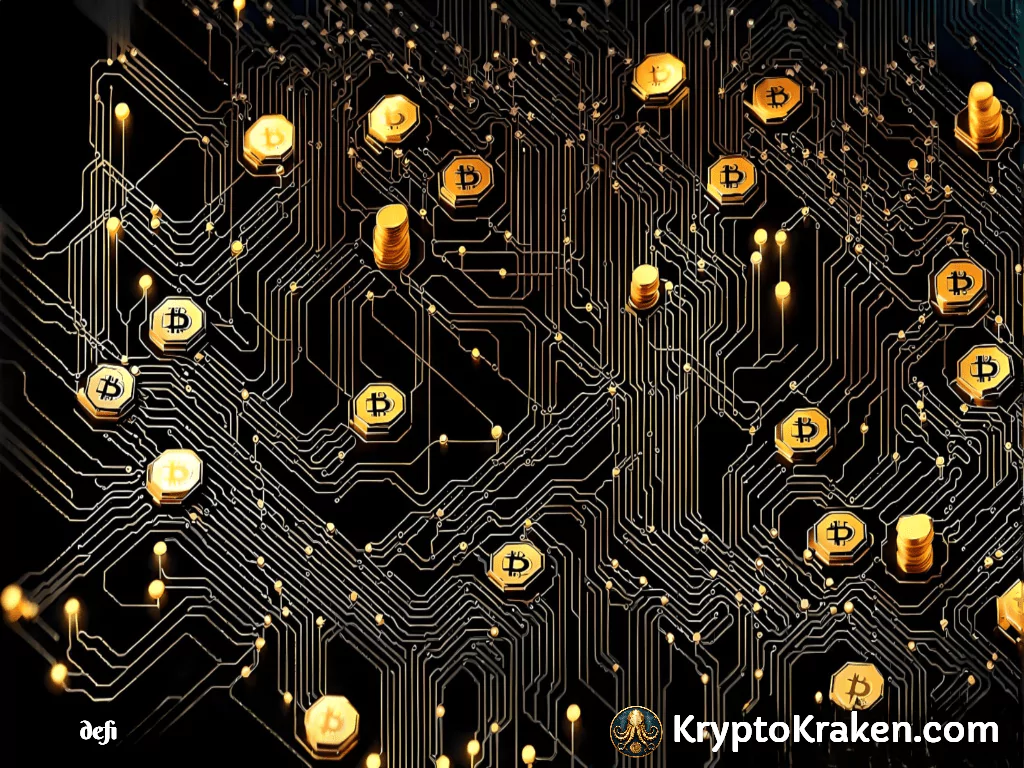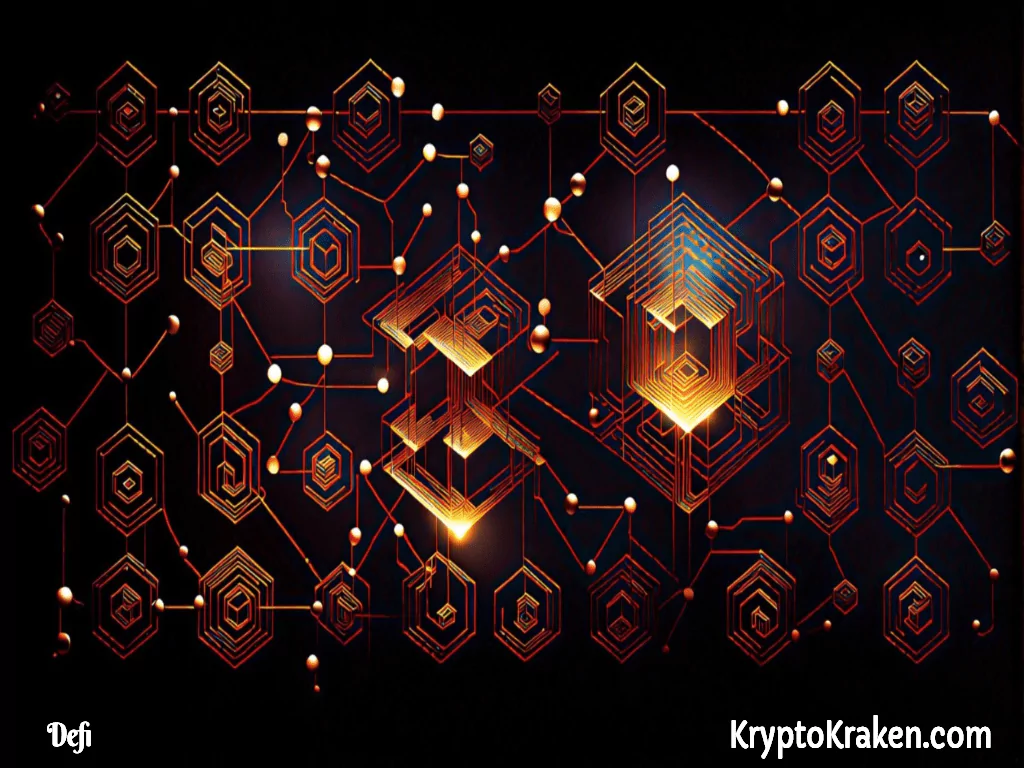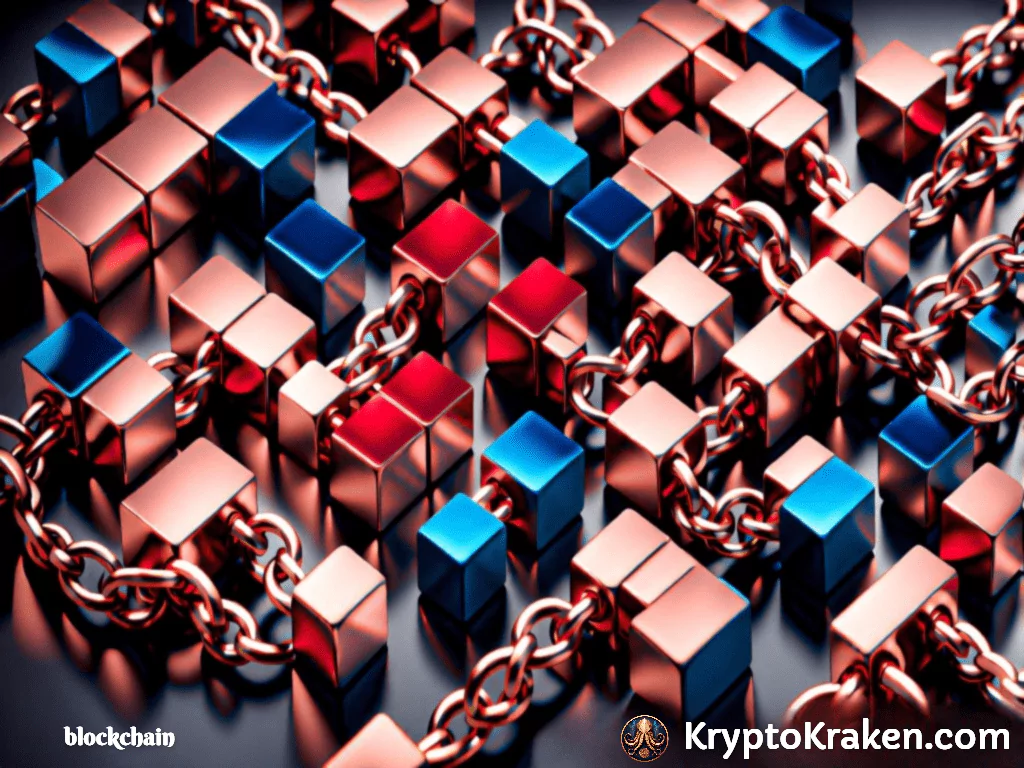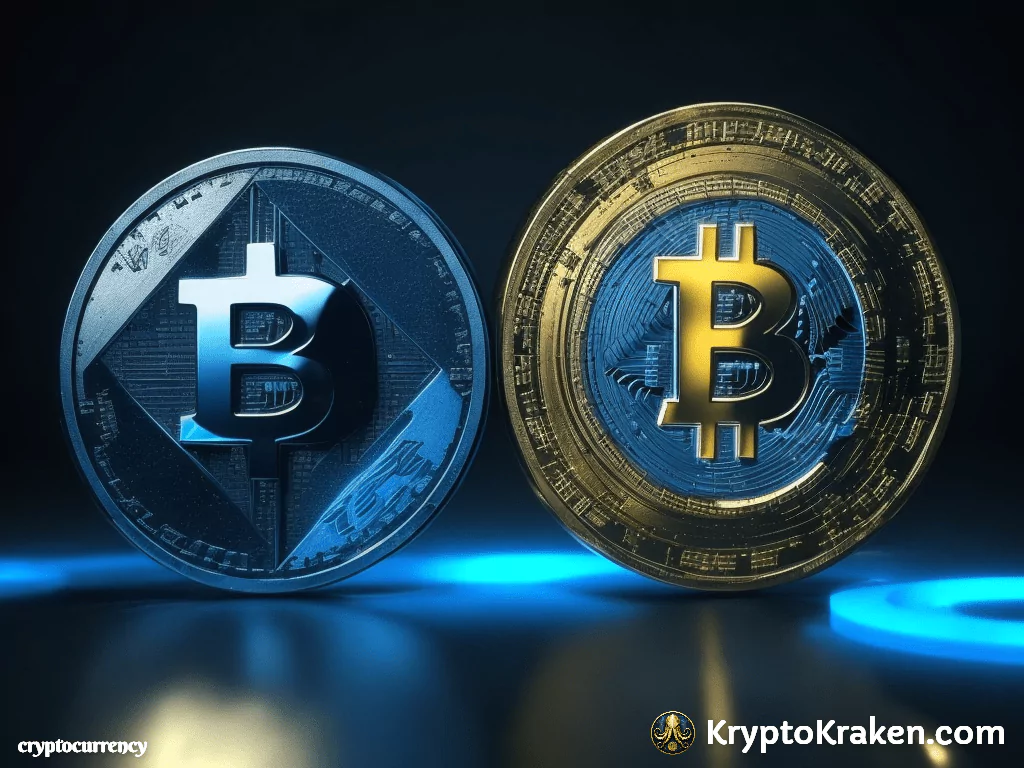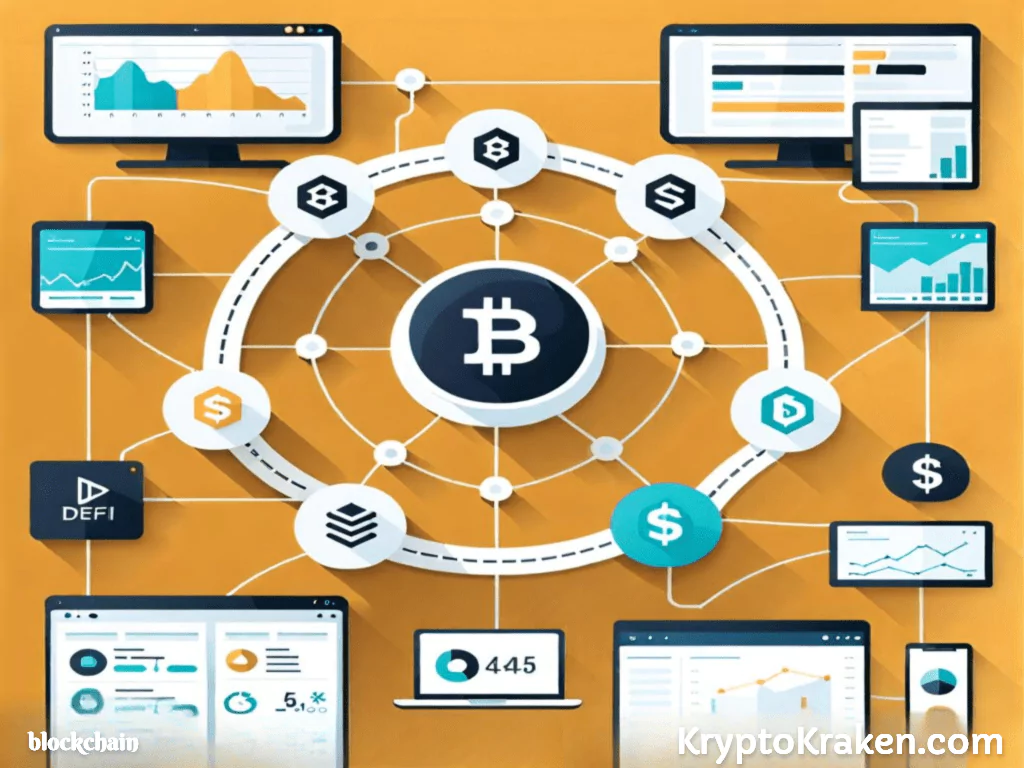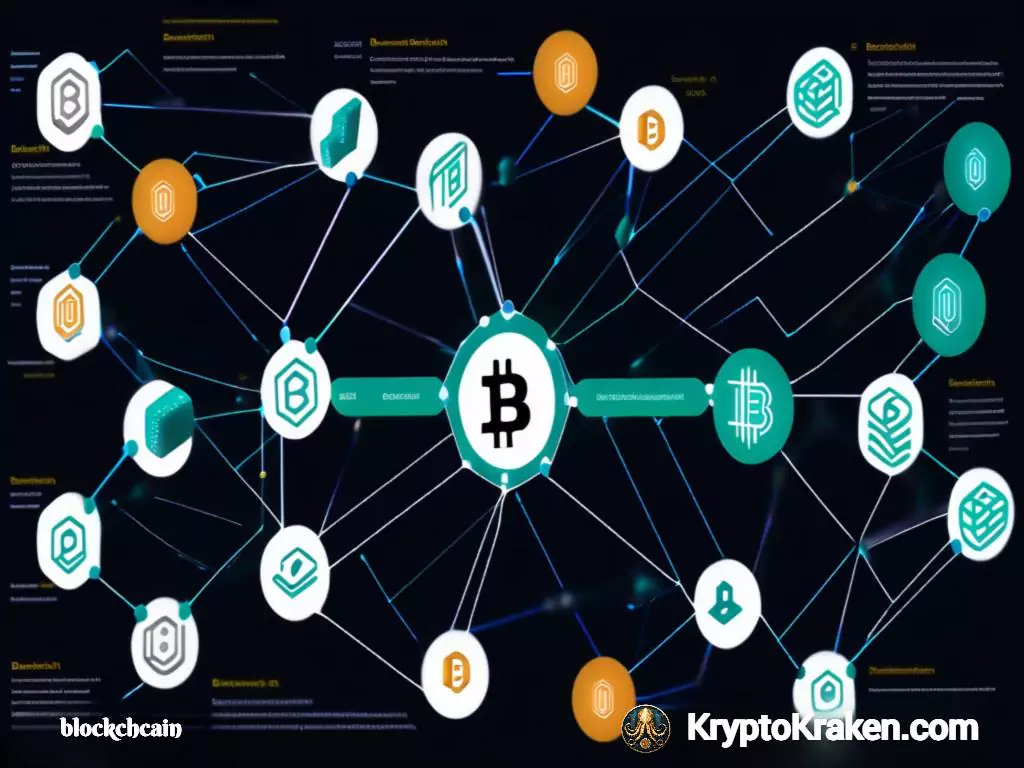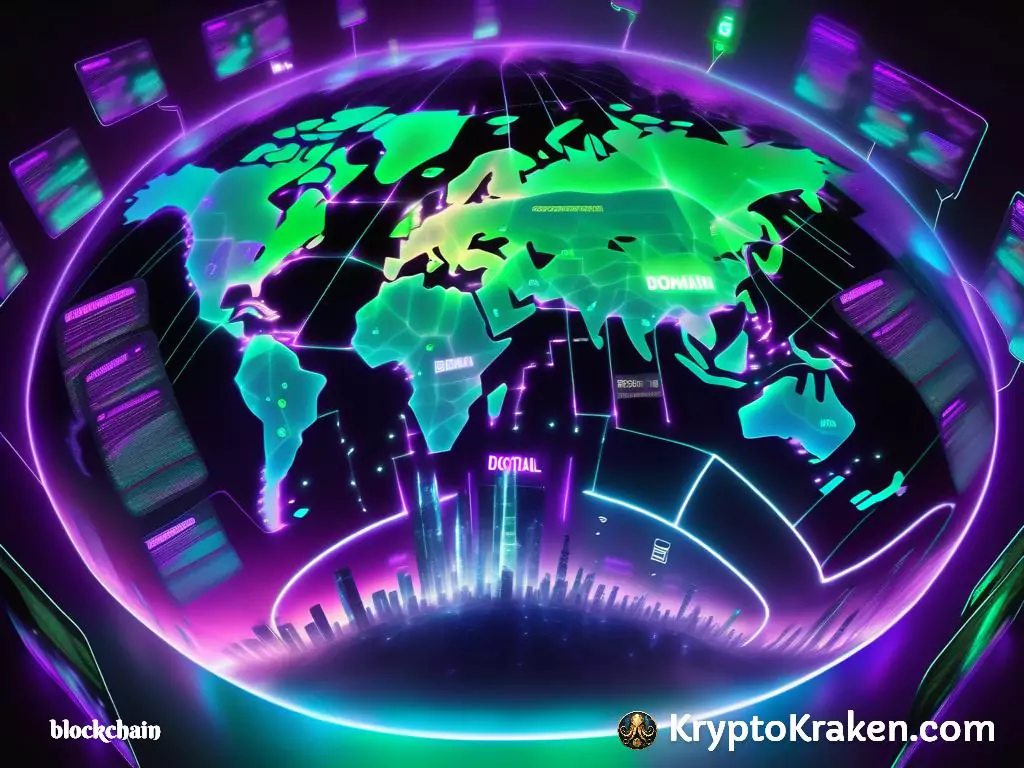
- August 25, 2023
- Dennis Frank
- 0
Table of Contents
The Power of Blockchain DNS: Revolutionizing Decentralized Naming Systems
Blockchain technology has made waves across numerous sectors, introducing innovative solutions and redefining established norms. A prime example of its transformative prowess is evident in decentralized naming systems. For those unfamiliar with the concept, you might be wondering, What is Blockchain DNS and How Does it Work? However in this piece, we’ll delve into the intricacies of blockchain-based Domain Name Services (DNS) and highlight their role in revolutionizing how we navigate the internet.
Exploring DNS: Traditional vs. Blockchain
Domain Name Services, or DNS, have long been the backbone of the internet, acting as the link between human-readable domain names and IP addresses. Traditional DNS operates under a centralized model, where a central authority controls and manages the mapping of domain names to IP addresses. However, blockchain DNS takes a decentralized approach, leveraging the power of blockchain technology to eliminate the need for a central authority and introduce a more secure and tamper-resistant system.
Understanding the Differences Between Traditional DNS and Blockchain DNS
Traditional DNS relies on a hierarchical structure, with a single point of control at the top, namely the domain name registries and registrars. This centralization poses several limitations and vulnerabilities, such as a single point of failure, vulnerability to attacks, and potential censorship. Blockchain DNS, on the other hand, is built on a distributed network of nodes, where the domain name registries are stored on a blockchain, allowing for a more resilient and censorship-resistant system.
Additionally, while traditional DNS relies on trusted third parties for domain name resolution and registration, blockchain DNS introduces smart contracts and cryptographic algorithms to automate and enforce these processes in a trustless manner. This not only eliminates the need for intermediaries but also provides greater transparency and security.
Unlocking the Power of Decentralized Domain Name Services
Decentralized DNS offers a myriad of benefits and opens up new possibilities for individuals, businesses, and the internet as a whole. Let’s explore some real-world use cases that demonstrate the power of blockchain-based domain name services.
Real-World Use Cases for Decentralized DNS
One compelling use case for decentralized DNS is the ability to create censorship-resistant websites. In regions where internet censorship is prevalent, individuals can leverage blockchain DNS to host websites that cannot be easily taken down or censored by authorities.
Decentralized DNS also enables users to have complete control over their domain names. With traditional DNS, domain names are subject to expiration, renewal fees, and potential confiscation. On the other hand, blockchain DNS allows users to truly own their domain names, avoiding the risk of losing them due to bureaucratic or financial constraints.
Furthermore, blockchain DNS provides a more robust system for resolving domain names. Traditional DNS can be vulnerable to DNS cache poisoning attacks, leading to the redirection of users to malicious websites. Blockchain DNS, with its decentralized and consensus-based approach, minimizes the risk of such attacks and enhances the overall security of internet navigation.

The Future of Domain Name Services
The impact of blockchain on the DNS industry is just the beginning. The future of domain name services holds tremendous potential, thanks to the transformative power of blockchain technology.
How Blockchain is Revolutionizing the DNS Industry
Blockchain DNS provides a more efficient and cost-effective alternative to traditional DNS by eliminating unnecessary intermediaries and reducing administrative overhead. The immutability and transparency of blockchain also simplify the domain name registration and transfer processes, ensuring a more streamlined and user-friendly system.
Furthermore, blockchain DNS has the potential to foster greater decentralization and democratize access to domain names. With traditional DNS, premium domain names can be prohibitively expensive, restricting access to those who can afford them. However, blockchain DNS introduces mechanisms such as tokenization, allowing users to purchase and trade domain name assets, thereby increasing accessibility and competition in the domain market. For a deeper dive into this evolution, check out The Future of Domain Names: Exploring the Advantages of Blockchain DNS.
Web3 Innovators in the Domain Name Services Space
As the blockchain DNS industry continues to evolve, several innovative companies are leading the way in developing decentralized solutions for naming systems. Let’s take a look at some of the trailblazers shaping the future of domain name services.
Companies Leading the Way in Decentralized DNS Solutions
One noteworthy company in the blockchain DNS space is Namecoin, which pioneered the concept of a decentralized naming system built on top of the Bitcoin blockchain. Namecoin’s system allows users to register and resolve domain names without relying on traditional DNS infrastructure. Another notable player is Handshake, a project aiming to create a decentralized certificate authority and domain name system.
Additionally, companies like Unstoppable Domains are leveraging blockchain technology to enable censorship-resistant domain names that can be used with various blockchain-based applications and websites.
Stay Up-to-Date with the Latest DNS Developments
As technology continues to evolve at a rapid pace, it is crucial to stay informed about the latest developments in the world of domain name services. Regular updates and advancements in blockchain DNS are shaping the future of internet navigation.
Recent Updates in the World of Domain Name Services
One recent development worth noting is the emergence of decentralized DNS browsers, which allow users to navigate blockchain-based websites seamlessly. These browsers interface with blockchain networks to resolve domain names, ensuring a seamless browsing experience for users.
Furthermore, ongoing research and development efforts are exploring ways to integrate blockchain DNS with emerging technologies like Internet of Things (IoT) devices, artificial intelligence (AI), and virtual reality (VR), among others. These intersections have the potential to unlock new use cases and enhance the overall functionality and security of decentralized naming systems.
Drawing Conclusions on DNS and Blockchain
In conclusion, the power of blockchain DNS is transforming decentralized naming systems, providing a more secure, censorship-resistant, and user-controlled system compared to traditional DNS. The benefits of decentralized domain name services extend to various use cases, enabling individuals and businesses to have greater control and security in the digital world. For a visual experience into the realms of Blockchain and Cryptocurrency, check out KryptoKraken Videos
Further Reading on Blockchain and Related Topics
If you are interested in delving deeper into the world of blockchain technology and related topics, here are some recommended resources:
- “Blockchain Basics: A Non-Technical Introduction in 25 Steps” by Daniel Drescher
- “Mastering Blockchain: Unlocking the Power of Cryptocurrencies, Smart Contracts, and Decentralized Applications” by Imran Bashir
- “The Internet of Money” by Andreas M. Antonopoulos



